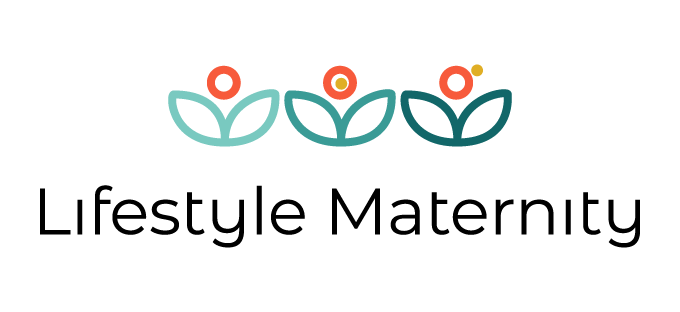The Postpartum Rollercoaster: Navigating Mental and Emotional Wellbeing After Birth
Congratulations! You’ve just brought a baby into the world. This is a time of immense joy, but let’s be honest, it can also feel like an emotional rollercoaster.
Between the sleep deprivation, hormonal shifts, and the sometimes overwhelming responsibility of caring for a newborn, it’s no surprise that many new mothers (and fathers) experience challenges with their mental and emotional wellbeing.
The good news is, you’re not alone. Postpartum depression and anxiety are common, affecting millions of women worldwide. However, it’s important to remember that even if you don’t experience a diagnosed condition, navigating the emotional ups and downs of postpartum is a normal part of the journey.
Let’s explore some strategies for managing stress, prioritising self-care, and recognising the signs of postpartum depression and anxiety. By understanding your emotional state and taking proactive steps towards well-being, you can better navigate this new chapter in your life.
The Emotional Landscape of the Postpartum Phase
The hormonal shifts after childbirth can significantly impact your mood. Oestrogen and progesterone levels drop significantly, which can contribute to feelings of sadness, anxiety, and even irritability.
Additionally, the sleep deprivation that comes with caring for a newborn can exacerbate these emotional responses. Feeling overwhelmed, frustrated, or questioning your ability to cope is perfectly normal.
Coping with Stress
Stress is an inevitable part of life, but during postpartum, it can feel all-consuming. Here are some tips for managing stress and promoting emotional well-being:
- Identify Your Stressors: Take a moment to recognise what triggers your stress. Is it sleep deprivation? Unrealistic expectations? Lack of support? Pinpointing the source can help you develop coping strategies.
- Relaxation Techniques: Deep breathing exercises, meditation, or mindfulness practices can help calm your mind and ease anxiety. Even a few minutes of mindful breathing can make a big difference.
- Seek Support: Don’t be afraid to ask for help! Talk to your partner, family, or friends. Consider joining a support group for new mothers, either online or in person. Sharing your experiences can be incredibly validating and help you feel less alone.
- Set Realistic Expectations: Let go of the idea of the “perfect” new mum. It’s okay if your house isn’t spotless or if you haven’t showered in a while. Prioritise what’s essential and be kind to yourself.
The Importance of Self-Care
Taking care of yourself isn’t selfish; it’s essential for your well-being and your ability to care for your baby. Here are some self-care strategies to prioritise:
- Sleep: This might seem like a luxury, but getting enough sleep is crucial for emotional and physical health. Try to nap when your baby naps, even if it’s just for 20 minutes. Closing your eyes and lying on the couch, even if you don’t fall asleep is restorative and ENOUGH.
- Healthy Eating: Nourish your body with nutritious meals and snacks. Don’t skip meals due to time constraints. More ideas HERE.
- Physical Activity: Even a short walk or gentle yoga routine can boost your mood and energy levels.
- Do Something You Enjoy: Make time for activities you find relaxing or enjoyable, whether it’s reading a book, taking a bath, or listening to music.
Recognising Postpartum Depression and Anxiety
While feeling down or anxious after childbirth is common, postpartum depression and anxiety are clinical conditions that require professional support. Here are some signs to watch for:
- Persistent feelings of sadness, hopelessness, or worthlessness
- Loss of interest in activities you once enjoyed
- Changes in appetite or sleep patterns (beyond the typical newborn disruptions)
- Difficulty concentrating or making decisions
- Excessive worry or fear
- Thoughts of harming yourself or your baby
If you’re experiencing any of these symptoms, please don’t hesitate to reach out to your doctor or a mental health professional. Postpartum depression and anxiety are treatable, and seeking help is a sign of strength, not weakness.
Additional Resources
Your local General Practitioner
PANDA (Post and Antenatal Depression Association) https://panda.org.au ph. 1 300 726 306.
Remember, you are not alone. Many resources are available to support your mental and emotional well-being during this transformative time in your life. By prioritising self-care, managing stress, and seeking help if needed, you can navigate the postpartum rollercoaster and build a strong foundation for motherhood.
IMAGE CREDIT: Hollie Santo/Unsplash
IMAGE DESCRIPTION: Women in a white t shirt with long hair holding a new born baby at her shoulder





 Find us on
Find us on
